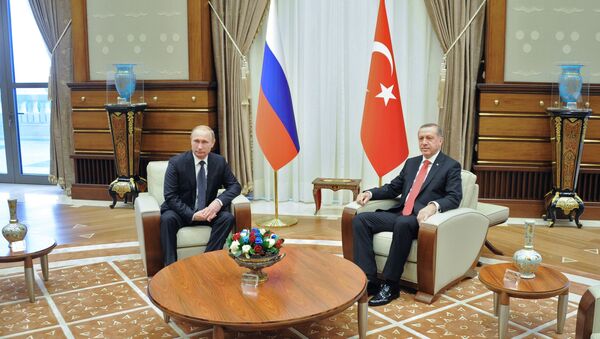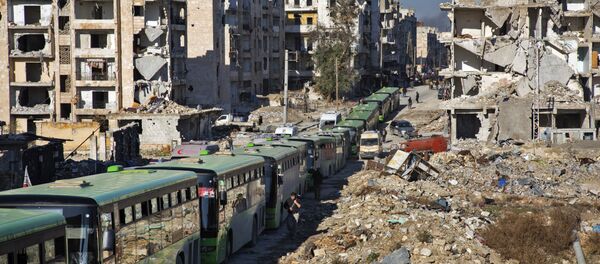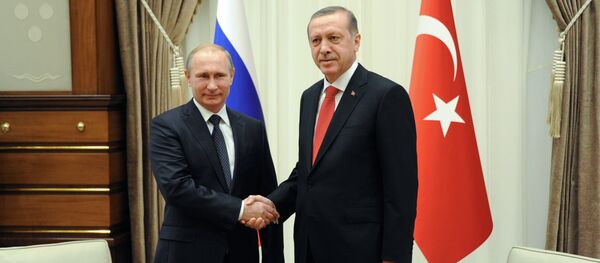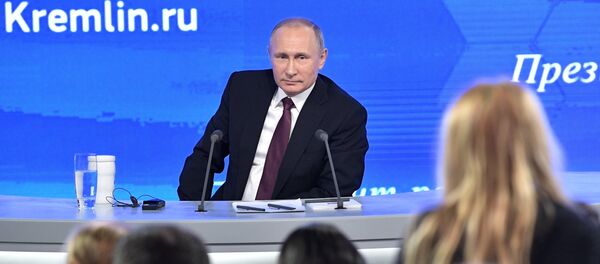The interview came after Russian President Vladimir Putin's annual year-end press conference, where he touched upon an array of what Pautasso described as "the most important issues."
"I deem it very significant that President Vladimir Putin prioritizes such topics as the price of oil, Russia's technological development and Russia' foreign policy line," Pautasso said.
"It seems to me that President Putin's drive to develop Russia's relations with China is vitally important for both countries, not only within BRICS group but also the entire international community. I think that Putin's statements about his desire restore normal relations between Russia and the US and European governments are also of great importance."
Additionally, Pautasso drew attention to Russia's current relationship with Syria and Turkey.
"As for Syria, it is necessary to emphasize that Russia supporting Syrian President Bashar Assad was a decisive factor for containing Daesh activities in this Arab country," he said.
"However, as the investigation into last week's assassination of Russian Ambassador Andrey Karlov goes on, relations between Russia and Turkey should be fully normalized," Pautasso said.
Andrey Karlov was gunned down by off-duty Turkish police officer Mevlut Mert Altintas during the opening of an art gallery exhibition in the Turkish capital Ankara on December 19.
Speaking at his year-end press conference in Moscow last Friday, Russian President Vladimir Putin described Karlov's assassination as an assault on Russia and its ties with Turkey.
"This was primarily an assault on Russia and Russian-Turkish relations. Frankly, I used to be skeptical about claims that our jet was shot down [in Syria last year] without an order from Turkey's top leadership but rather by people who wanted to damage Russian-Turkish ties," Putin said.
"But the attack on the ambassador by a special operations officer got me thinking: I feel now it is possible that destructive elements could have found their way into social structures, including law enforcement and the army," he added.
Relations between Moscow and Turkey became strained after a Su-24 Russian bomber was downed by a Turkish warplane in November 2015, but tensions eased after President Erdogan apologized to President Putin in June 2016.
Never miss a story again — sign up to our Telegram channel and we'll keep you up to speed!





